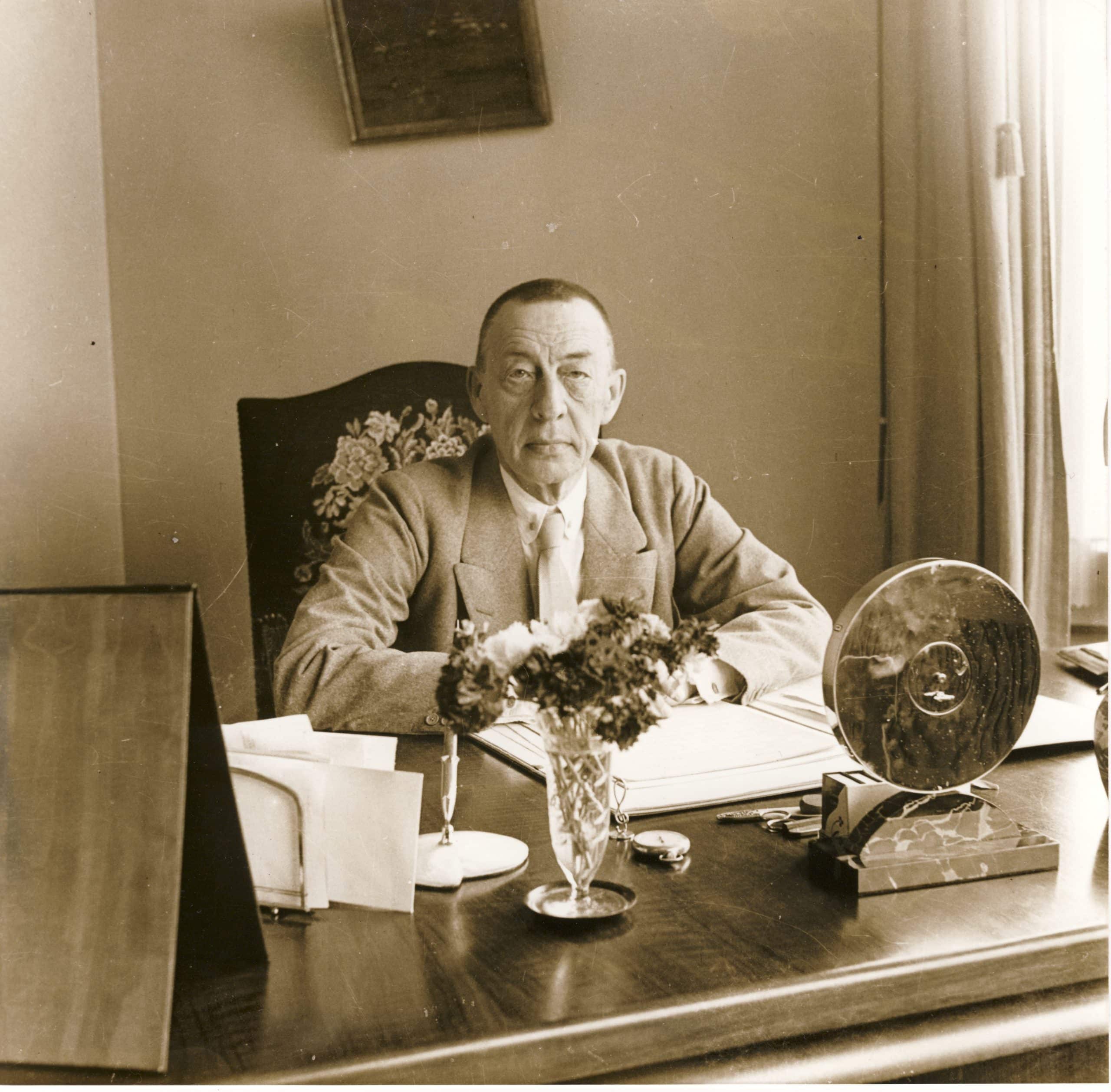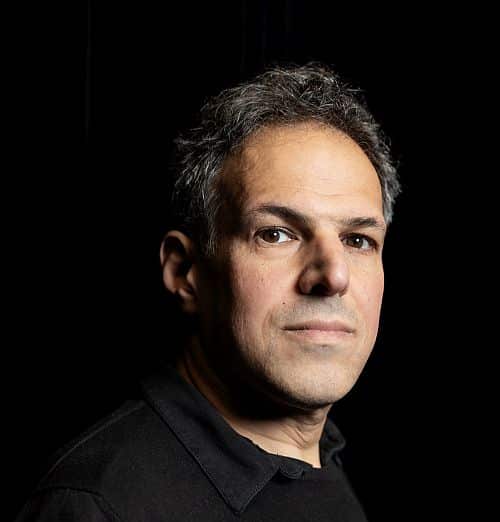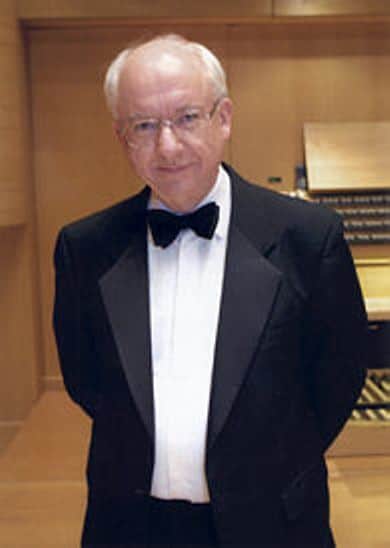Rachmaninov has never failed us yet
OrchestrasShortly before the first expiry of Rachmaninov’s copyright in 1992 (it was later extended by 20 years) the boss of Boosey & Hawkes shared with me the profit and loss account of his composers. Sergei Rachmaninov accounted for 90 percent of the publisher’s profits.
Rachmaninov, born 150 years ago today, has never list the public touch. Disparaged by academics and high-minded critics, his music transcends the vagaries of fashion and touches the parts few composers since his time have ever managed to reach.
The classics put-down in the fifth edition of Grove’s Dictionary of Music and Musicians, by the British critic Eric Blom, stands the test of time only for its utter wrong-headedness:
Blom wrote: ‘His music is well constructed and effective, but monotonous in texture, which consists in essence mainly of artificial and gushing tunes accompanied by a variety of figures derived from arpeggios. The enormous popular success some few of Rachmaninov’s works had in his lifetime is not likely to last, and musicians never regarded it with much favour.’
These withering sentences are Blom’s sole posterity. Rachmaninov, by contrast, needs no advocacy. Even a mediocre performance of his concertos outshines most successor composers.






Comments